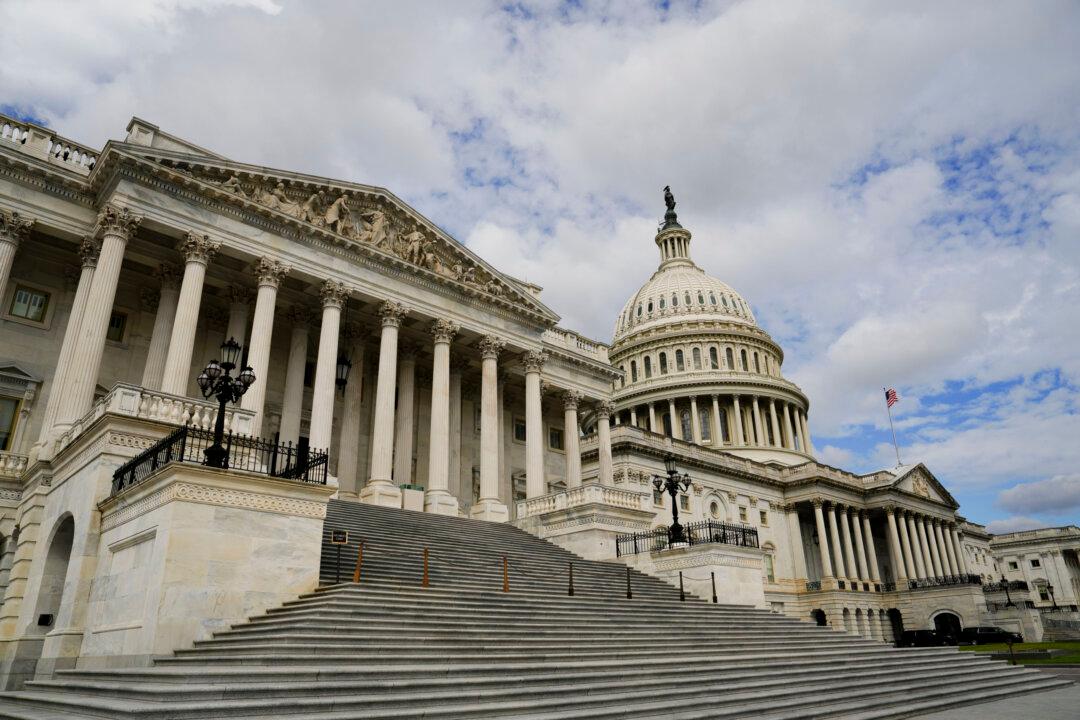Commentary
Republicans have had a crash course since 2016 in the ways the power of the intelligence community can be abused. To take a few examples, four consecutive judges operating under the Foreign Intelligence Surveillance Act (FISA) approved wiretaps of a Trump adviser, Carter Page, relying without question on the partisan fictions of the Steele dossier. Michael Flynn was ousted after he was the target of an unprecedented leak of another FISA intercept. And 51 former intelligence officers intervened in the 2020 election to dismiss without evidence the Hunter Biden laptop contents as likely Russian disinformation.

